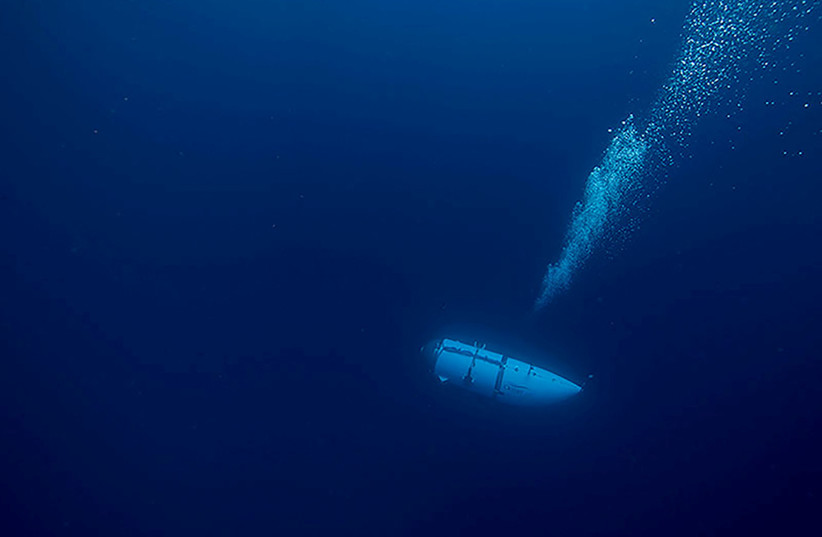Titanic failure: Titan sub had a success rate of 14%
OceanGate’s Titan submersible, which gained notoriety after 5 wealthy individuals died on a trip to the Titanic’s ruins, was known to have a very small percentage of successful drives at 14%, according to media reports from Sunday.
OceanGate’s waiver policy for voyagers made explicit note of the fact that the Titan had only succeeded in 13 out of 90 dives, according to Insider.
The Titan, which was marketed as a commercial experience to see the Titanic wreckage on the ocean’s floor, was described as experimental three times within the four-page liability waiver.
No regulatory bodies had approved of the Titan, as recorded by the waiver which also stated that the sub was “constructed of materials that have not been widely used for manned submersibles.”
The Titan’s history of disaster
The Titan’s safety had been drawn to question numerous times. Concerns over the Titan’s safety had been reported as far back as 2009, with further concerns brought forward in 2018.
 The Titan submersible, operated by OceanGate Expeditions to explore the wreckage of the sunken SS Titanic off the coast of Newfoundland, dives in an undated photograph (credit: OceanGate Expeditions/Handout via REUTERS)
The Titan submersible, operated by OceanGate Expeditions to explore the wreckage of the sunken SS Titanic off the coast of Newfoundland, dives in an undated photograph (credit: OceanGate Expeditions/Handout via REUTERS)Past adventurers aboard the Titan also experienced a number of malfunctions including a torn stabilization tube and electrical issues.
Tests on the sub at the Deep Ocean Test Facility, part of the United States Naval Academy, also found that its carbon-fiber hull “showed signs of cyclic fatigue” at lower depths, according to GeekWire.
Rob McCallum, who raised concerns in 2009, told Insider that the company’s approach to engineering was “ad hoc” and “ultimately inappropriate.” McCallum claims that concerns were not addressed by the now-deceased CEO Stockton Rush.
Does the liability waiver mean OceanGate isn’t liable?
Despite these issues, a successful lawsuit against OceanGate seems unlikely, reported SciTech Daily.
“A lawsuit is unlikely unless the company misrepresented the safety of the submersible,” Richard Daynard, a professor at Northeastern University School of Law, explained to SciTech. “Otherwise, this is a classic example of ‘assumption of the risk.’”
“You sign a massive waiver that lists one way after another that you could die on the trip,” former Titan passenger Mike Reiss told the BBC. “So nobody who’s in this situation was caught off guard. You all know what you are getting into.”
However, despite the waiver, a lawsuit could still have a successful outcome if a plaintiff could prove that OceanGate was grossly negligent in its actions, according to Daynard. These actions may extend to the multiple safety warnings and concerns that OceanGate failed to investigate.
Steve Flynn, a professor of political science, told the source that a lawsuit is “probably inevitable.”
“At the end here, when in international waters and in this case, underneath it, I think people are still surprised to the degree that there are spaces in our world where jurisdiction is confused and rules and requirements may not be operated,” Flynn was cited as saying. “International waters represent that space.”





Comments are closed.